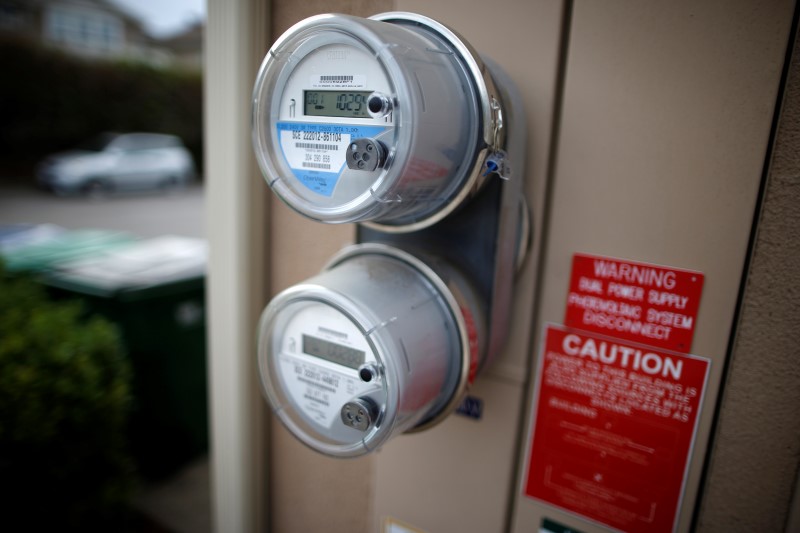By Lawrence Hurley
WASHINGTON (Reuters) - Conservative U.S. Supreme Court justices on Wednesday expressed doubt about whether the Obama administration had the authority to issue a regulation aimed at encouraging efficiency in the electricity market by having electrical grid operators pay users to reduce consumption at peak times.
The court heard oral arguments in an appeal filed by the U.S. Federal Energy Regulatory Commission seeking to reverse a May 2014 ruling by the U.S. Court of Appeals for the District of Columbia Circuit that threw out the rule.
The case pits the government's energy regulator against power companies that are fighting a regulation that promises to cut into their profits.
The regulation concerns what FERC calls "demand response," which is when, in an attempt to manage demand for electricity, regional electrical grid operators agree to pay electricity users to cut consumption at peak times. It is aimed at improving grid reliability, lowering costs and encouraging clean energy.
The rule remains in effect while the case continues.
The nine-member court could be divided 4-4, with conservative Justice Samuel Alito recusing himself from the case. An even split would uphold the lower-court ruling.
Conservative Chief Justice John Roberts said he was concerned about the federal government exercising too much authority over retail electricity markets, traditionally overseen by states.
"You have to have some sort of limiting principle, otherwise FERC can do whatever it wants," Roberts said.
Justice Anthony Kennedy, who often casts the deciding vote in close decisions, asked questions indicating he could favor a narrower ruling against the government that would allow FERC to rewrite the regulation rather than ruling that FERC has no authority to issue one.
The court's liberal justices were more supportive of FERC.
Justice Elena Kagan said it would be an "odd result" if the court does not allow the agency to regulate on the issue because Congress made clear in the 2005 Energy Policy Act that "it wanted FERC to lower barriers to demand response."
The Electric Power Supply Association, PPL Corp (N:PPL) and other trade groups that challenged the regulation would lose out if the regulation is upheld because it is likely to reduce demand for electricity generation.
The Electric Power Supply Association's members include Exelon Corp (N:EXC) and Dynegy Inc. Utility group Edison Electric Institute, which represents such companies as Entergy Corp (N:ETR) and Southern Company (N:SO), also challenged the rule.
Some utilities and companies that support the regulation backed the government's appeal.

A ruling is due by the end of June.